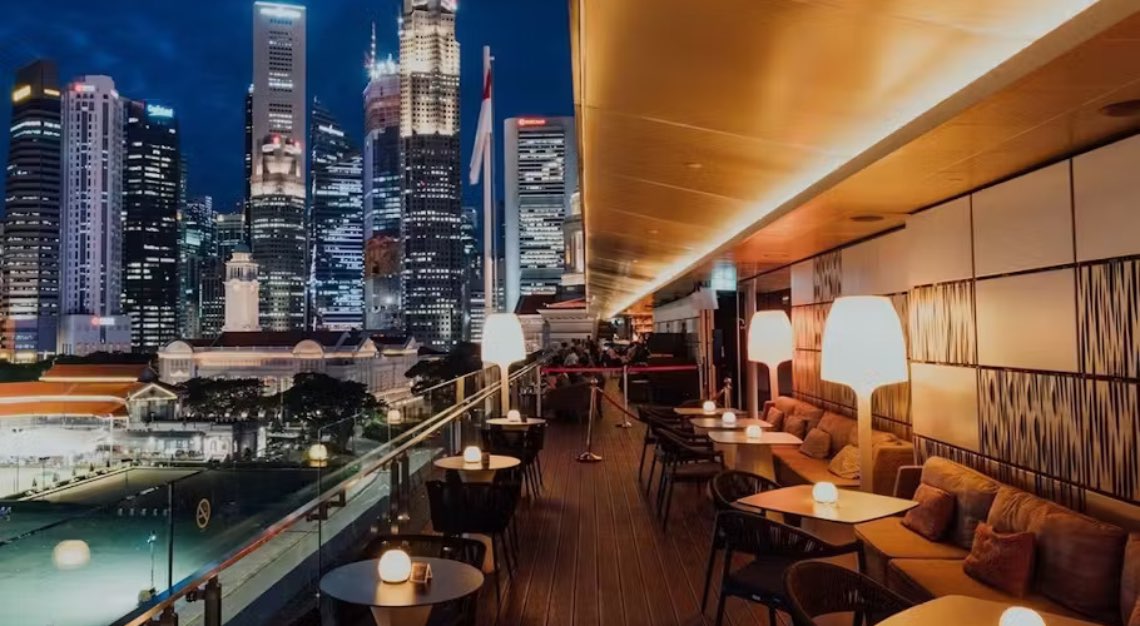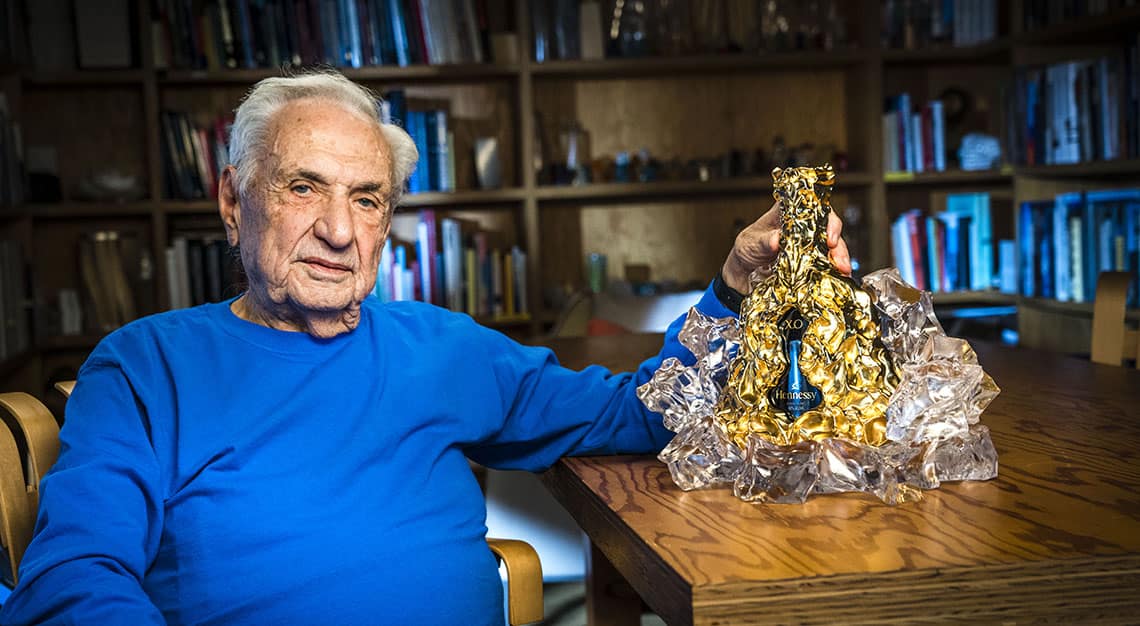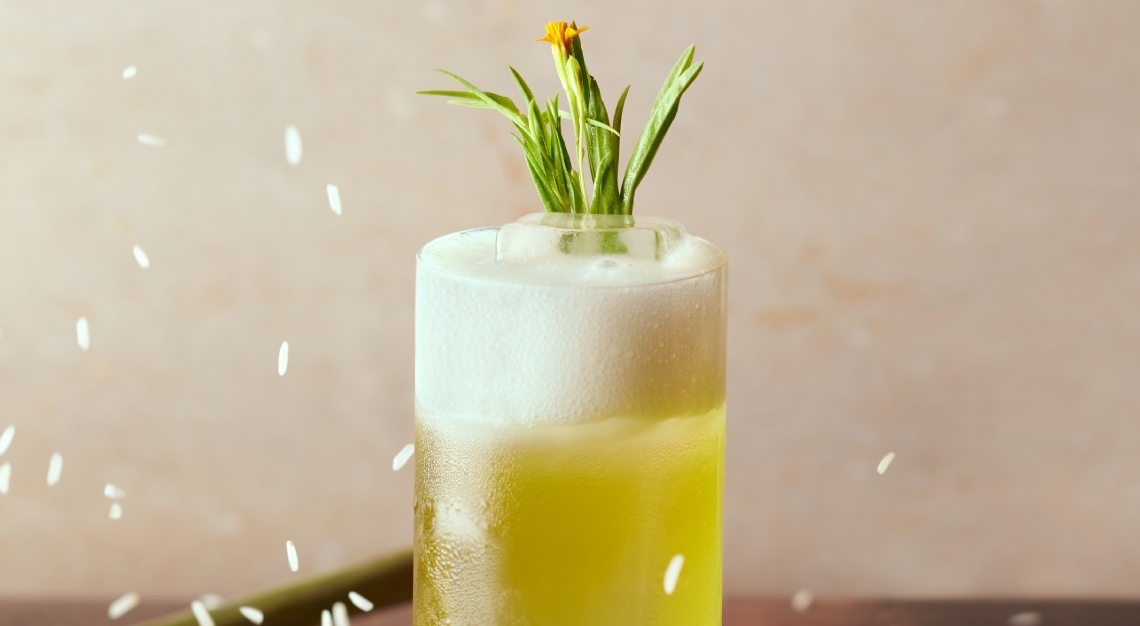There’s more to the chef of Preludio than meets the eye. Here, we dive deep with Fernando Arévalo about his childhood, his rebellious years and his career turning points
How many times have you dined at a fancy restaurant and left it feeling slightly less than satisfied? I have, on a few occasions, and it wasn’t because the food hadn’t been good. It was mostly because of the feeling of ‘disconnect’.
To fully enjoy a meal is about more than great food, service and company. These are the kinds of things I want to know: Who is the chef? Why is he a chef? And who is he, really? Restaurants are more than places where we feed ourselves, and if they are meant to soothe our souls, we must understand their full story.
One chef I wanted to understand better was Fernando Arévalo, the follically challenged, laid-back Colombian who runs his own kitchen at Preludio on Cecil Street. His menu revolves around what he calls “Author’s Cuisine”, a sophisticated, innovative and free-spirited movement of the culinary arts. Going beyond great ingredients and culinary techniques, his food is thoughtful and comes with great perspective, truly reflecting the kind of person he is. It also shows his grit, ambition and growth. After all, the Bogotá native has been in the heat of the kitchen for some 13 years – from peeling potatoes for Daniel Boulud and cooking for Bill Telepan in New York, to becoming head chef at Bistecca in Singapore. He wants to become the best chef in the world, but as with every other human being, he’s still a work in progress.
Here, he talks about his rebellious years, the turning points and why money isn’t always everything.
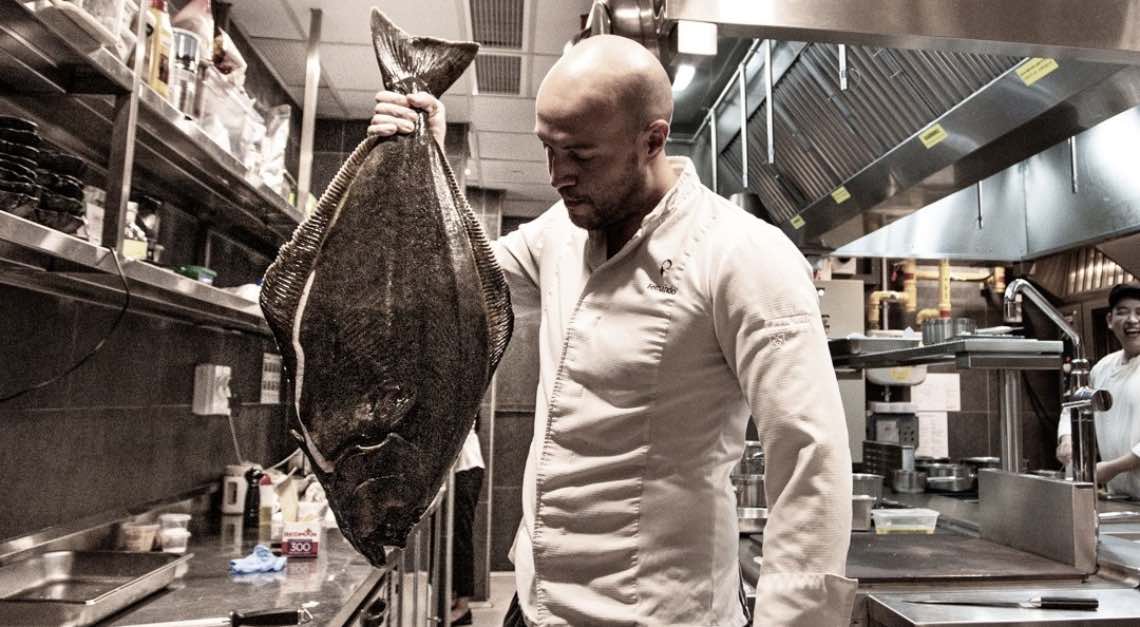

Life must have been pretty crazy, growing up in Bogotá.
Yeah, but you don’t feel it until you leave. I got mugged a million times – okay, maybe 30 – but for me, it was simply just a part of life. I was born in the mid-’80s and despite the drug wars and violence, it didn’t scar me in any way. Nothing happened to my family either, thank God, even though my mum did have a close shave with one of Pablo Escobar’s bombings.
What were you like as a kid?
My dad left me when I was six (he came back into my life when I was 15) and after my grandfather died, I was surrounded entirely by women – my mother, sister, grandmother, etc. That influenced me positively, but it didn’t stop me from rebelling against authority. Despite being an A-grade student, I was a terrible pupil and got kicked out of an all-boys school at 13.
What changed?
Being rebellious, I was always trying to think outside the box. I remember biology class, where one teacher said that food took 48 hours to digest. That didn’t make sense. I realised that even authorities could be wrong, so I started questioning everything. I stopped believing in God and refused to blindly follow anyone, however much authority they had. Things changed after my expulsion when I moved to a mixed school. I knew I couldn’t behave like a thug in front of girls and this negative rebellion turned into positive leadership. I became the school president and eventually decided to become a mechanical engineer.
What?
While studying mechanical engineering, I was already starting to cook. I needed a way to make some cash, so I could go out to drink with my friends and pick up girls. I studied basic culinary training and a course that specialised in barbecue, and started doing some private barbecuing for people at their homes.
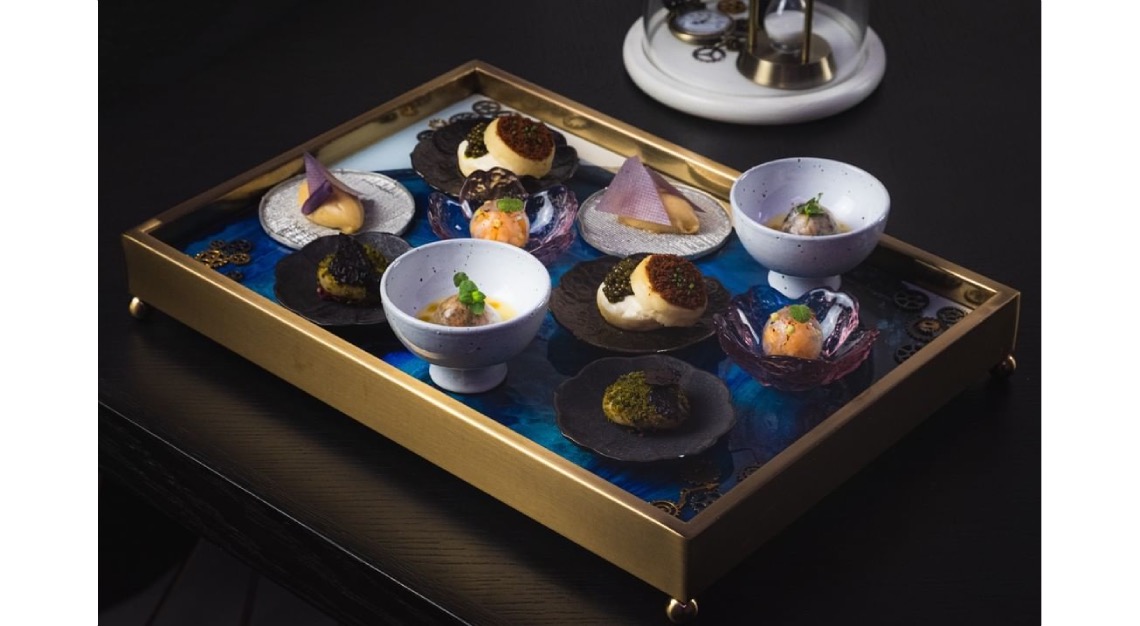
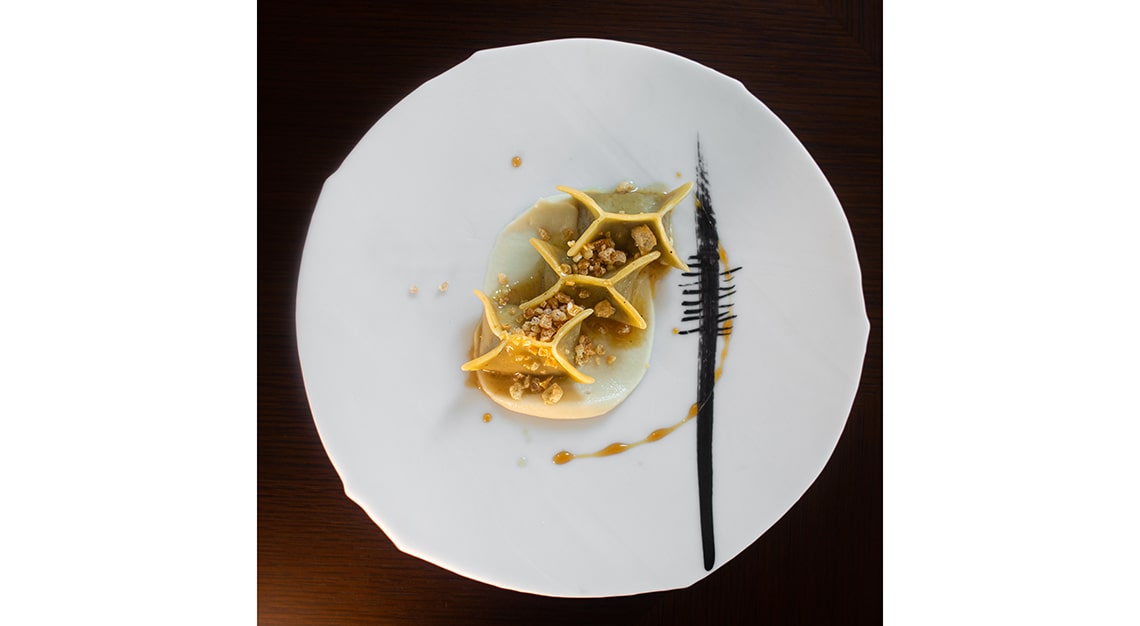
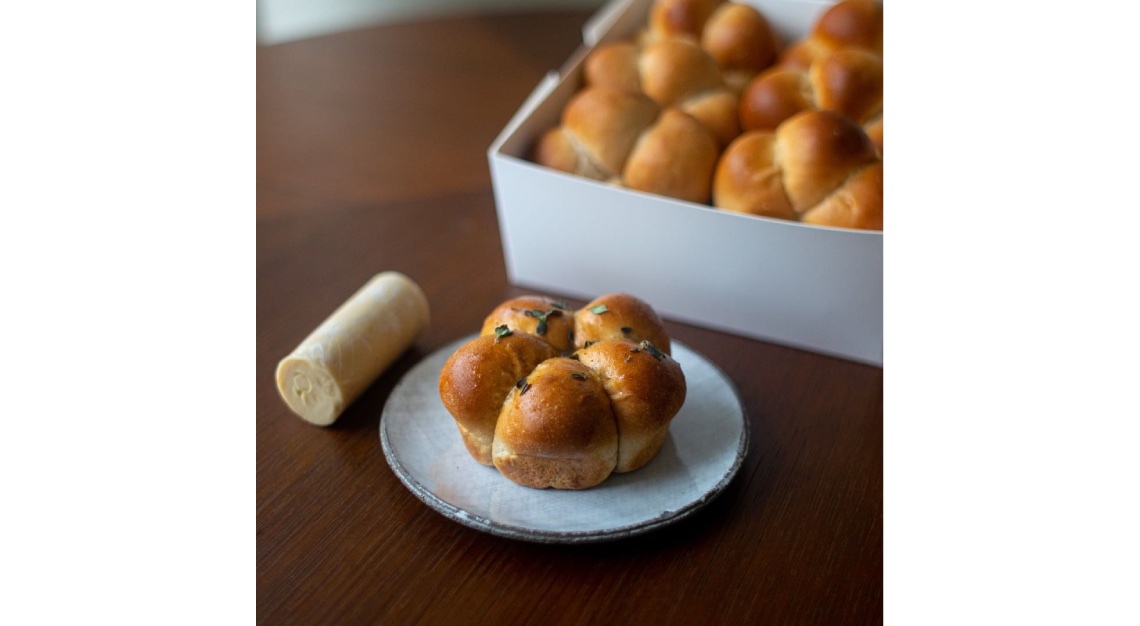
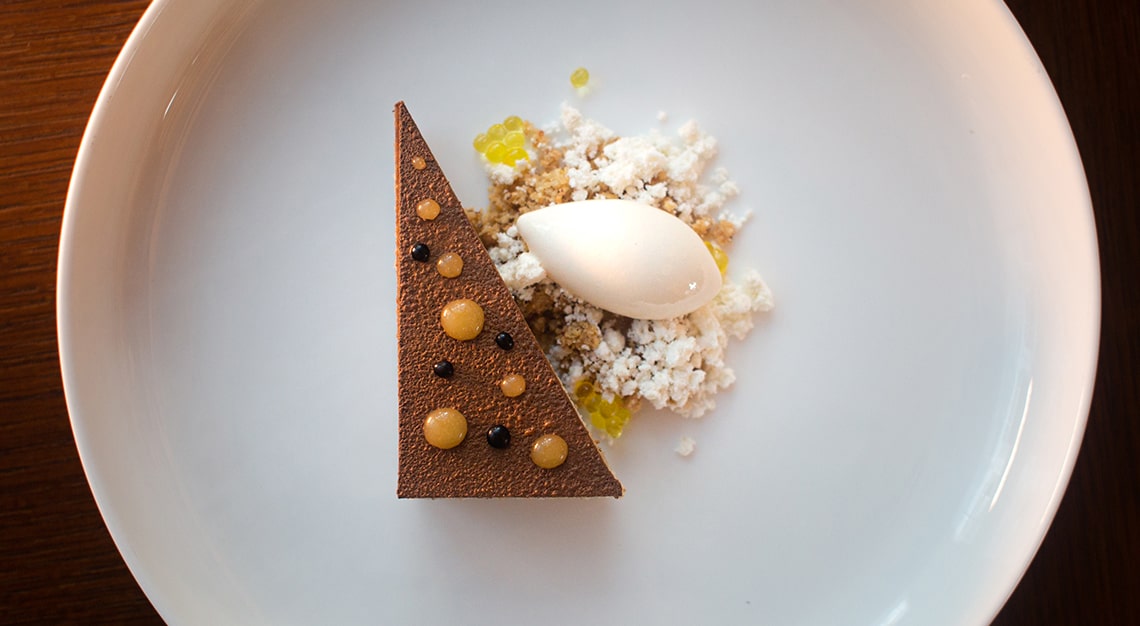
That’s pretty cool.
There’s a lot about cooking that drew me to it. I was always a very hyper kid and the combination of hyperactivity and rebellion was deadly…
For your mum?
(laughs) Yeah, my poor mum. But as I grew older, that physical hyperactivity transited to my mind. I couldn’t focus and had trouble staying on one task. It was a non-stop train of thought, which meant that I always had trouble sleeping. So one of the things that attracted me to cooking was how chaotic it was, especially when you’re doing it for 50 people with little help. There were so many things in front of me that my mind couldn’t wander, and that chaos was peaceful because my mind could just be in that moment.
So yoga or meditation would drive you crazy?
Yes, it’s very difficult. I’m a bit better now, but my staff might say otherwise.
Was this your big turning point?
Not at all. It was when I got confronted by one of my professors. He said: “I’ve known you for a couple of years and when you come to my office, all you talk about is chicken breast when everyone else talks about robots and engines. Maybe you should think about that.” That got me thinking and I decided I was not going to care about money ever again. I decided to become a chef.
Was that a difficult decision to make?
It was. My dad was not happy with it and we didn’t speak for years after I made that choice. But after you make a tough decision like that, every other decision that comes afterwards is easy. Like Dave Chappelle once said; put yourself in a position where you can just say ‘no’ to people; that you don’t need their money, and that’s very powerful, because they can’t buy you. That’s when I found myself.
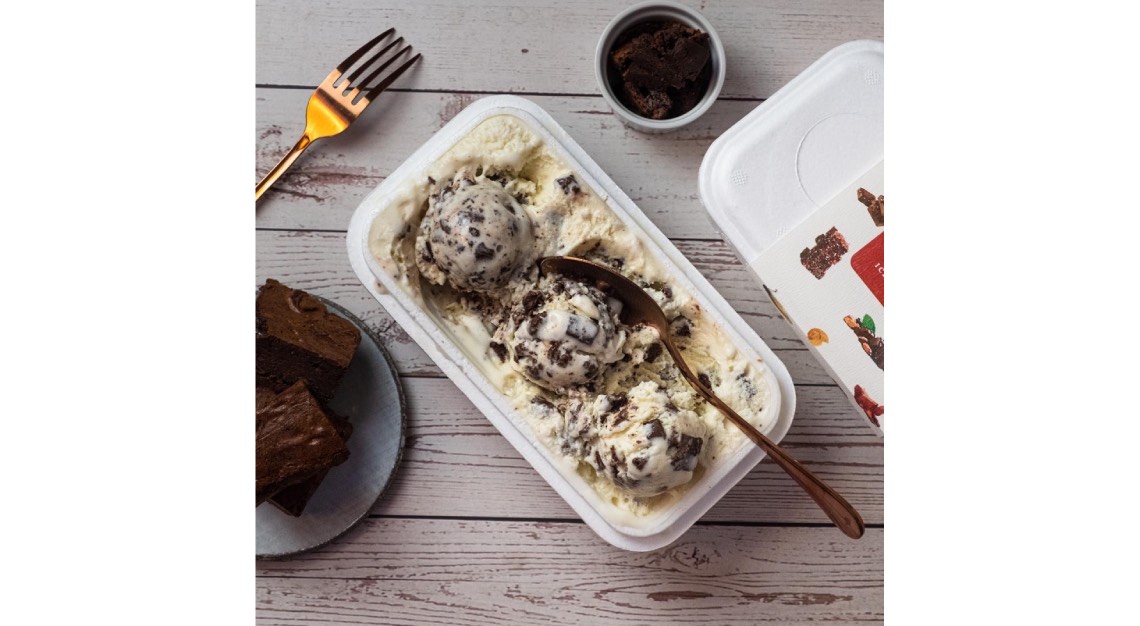
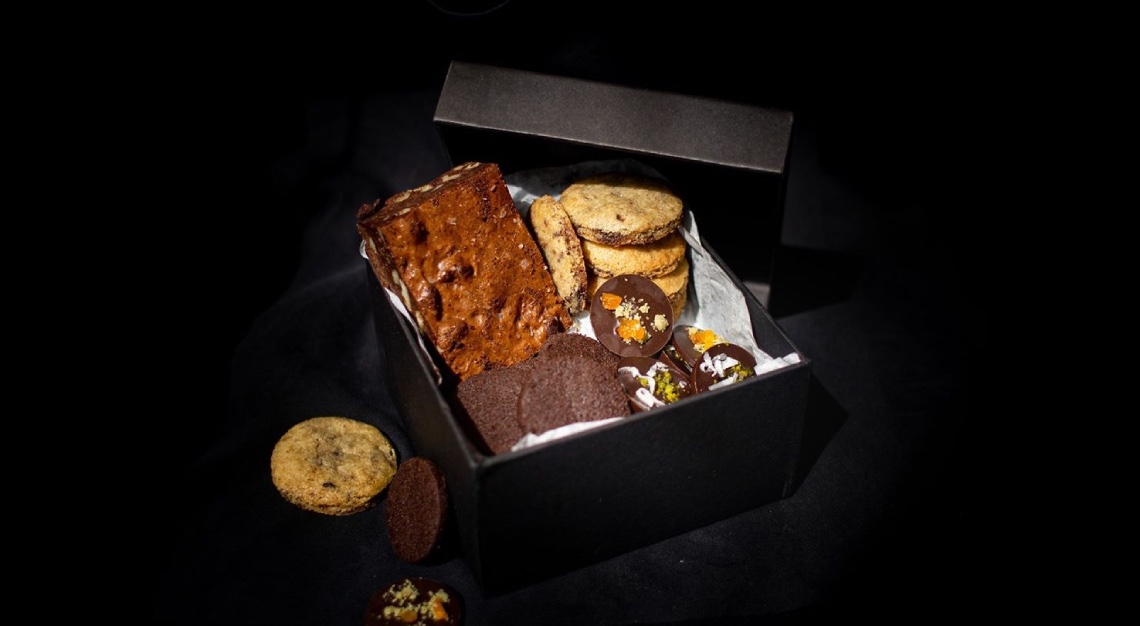
Money’s not everything?
Exactly. So I left, sold everything I had and went to New York. I started by improving my English at this rundown school, and at the same time, frittered my money away.
On drinks?
No! I was 20, and when you’re young and in New York all by yourself, you kind of have to go everywhere. So I spent it all on being a tourist. I then started earning my keep by helping my mum sell her handmade jewellery at Prospect Park and becoming a nightclub bartender. I hated the drunk people, but I was making a lot of money and ended up splurging on things I shouldn’t have bought. I was an idiot. I should have invested in bitcoin. Eventually, I quit and enrolled at the Institute of Culinary Education, and started working for Daniel Boulud for free.
What was it like working with Daniel?
I never worked directly with him because I was just a potato peeler. But it was humbling and exciting to see the power of the restaurant from the bottom. I also managed to get a place at Telepan, a French restaurant by Bill Telepan on the Upper West Side. Unlike Daniel, I saw Bill on a daily basis, and seeing the good and bad sides of him, I could evaluate the kind of chef I wanted to become.
How did Bill give you perspective?
I always knew that I wanted to have my own restaurant. Bill had quite a temper, and every time he screamed at the top of his lungs at the other cooks, I would always look at them and wonder, is it making them cook better? The lobsters are burning right now because the guy’s f**king scared. So if someone is going through a difficult time, I thought, how can I react to make it better for that person? The success of any chef is the team he works with, and I realised that if I wanted to become the best chef in the world, I had to make sure that everyone around me learnt, improved and became better at what they were doing. I knew that I was only going to be as good as the people behind me, and by helping them, and acquiring their knowledge and expertise, I would be able to help myself become a better chef.
So in a way, empathy creates success, and in the end, the team is a reflection of the chef.
Yeah, the idea of Preludio was to make things better and to make sure that everyone is in a good place. Whatever comes out of it belongs to the team. I do wish I could give my guys more, and I think they know that, which is why they have stayed so long with me. That said, I wouldn’t classify Preludio as a successful restaurant yet. It is a successful concept, but we haven’t got to a place where we can expand.
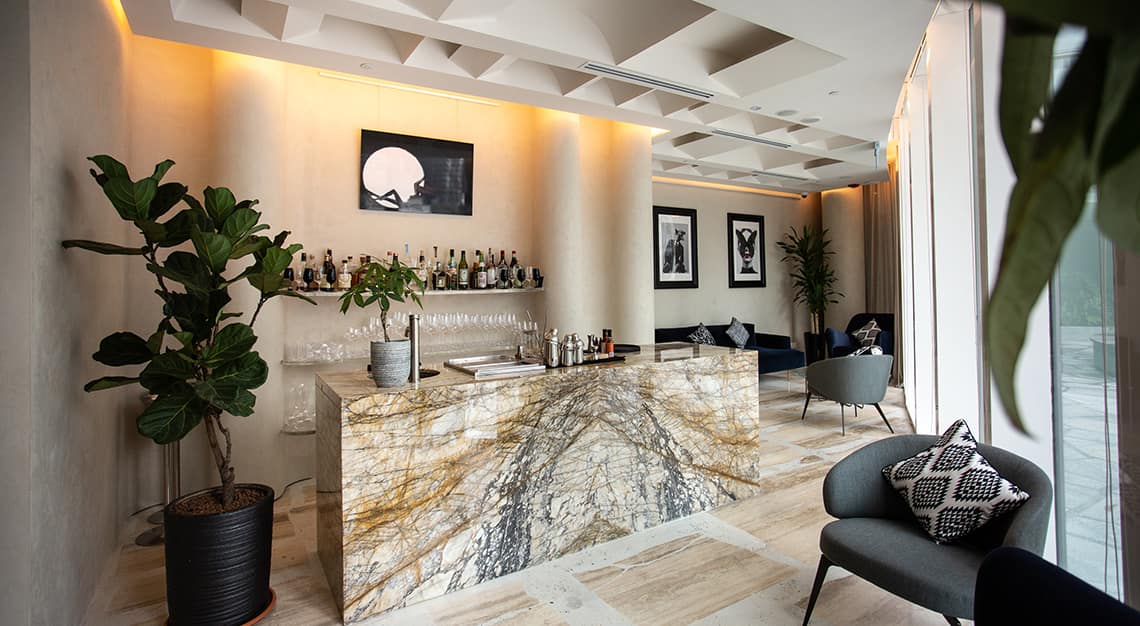
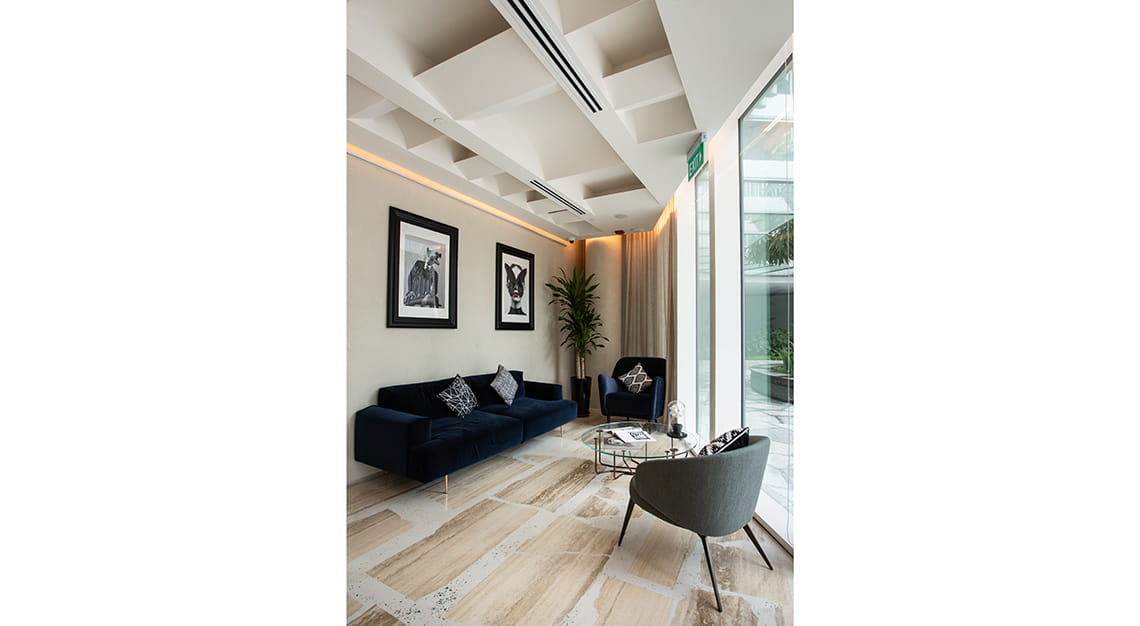
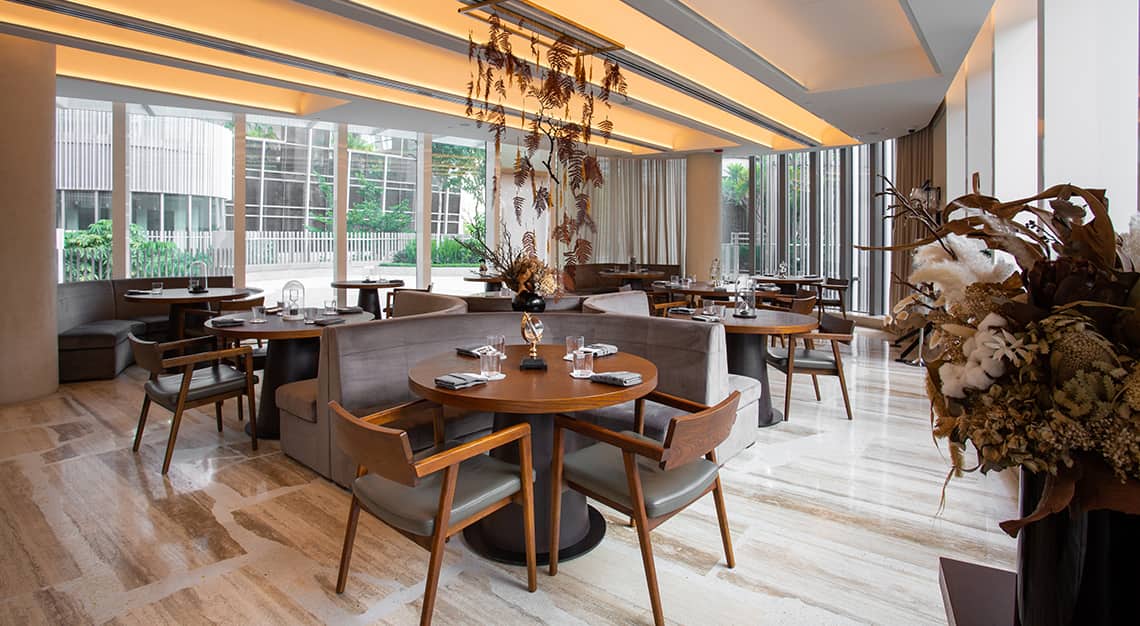
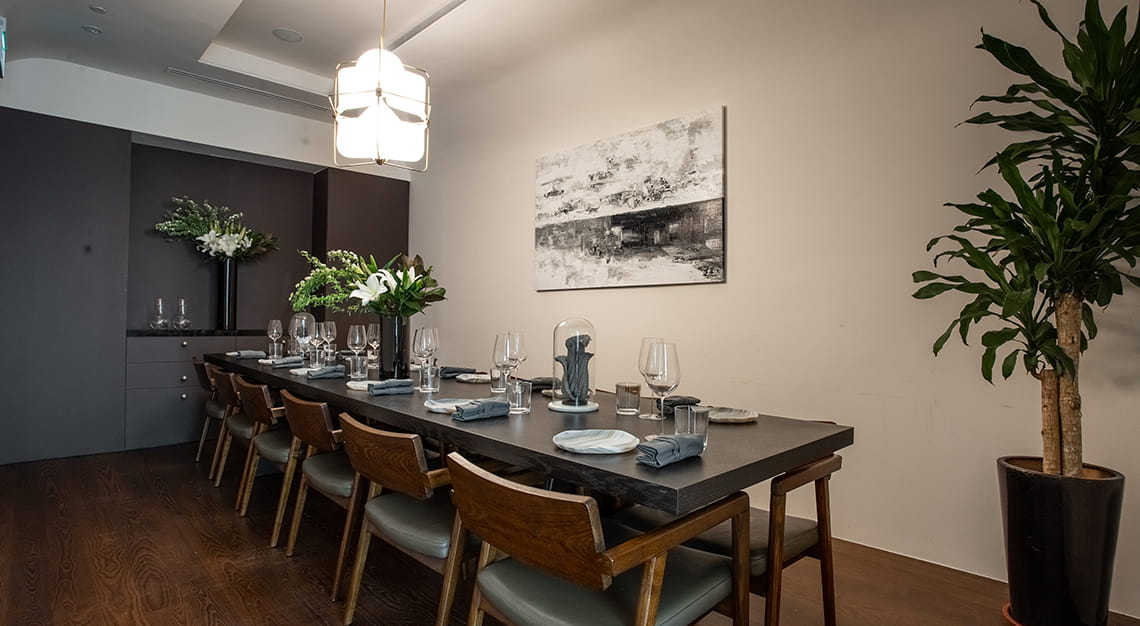
Do you have a dream to make Preludio really big?
I wouldn’t make a Preludio 2.0, but I would do more things and my guys have great ideas that I would love to embrace. If my sommelier’s dream is to open a place to sell organic wines, prosciutto and ibérico ham, then that’s what we’d do. That’s how we would expand.
So you want to create a network of different dreams.
Exactly. They’ll be all unique ideas that stem from this one brand and that means quality in some way.
Right now, are you still finding your way?
Yeah, absolutely. That’s why Preludio constantly changes. The day I knew I was going to have my own restaurant, I was confronted with these ideas: How can I improve? How can I evolve? I can’t quit on my job anymore because I own it, and if I can’t quit, the platform will always have to change. That’s why we have chapters.
What advice would you give to someone who is already so successful?
What can I say? I feel like we all have a different definition of success. For me, I learned from my mum what success really means. That is, to dream very big, like… the impossible. If you were to ask me for my dream, I’d tell you that I want to be the best chef in the world. But success is not about reaching your goal. Success is the pursuit and it’s what keeps you alive. If my life ended today, every day would have mattered. I would have mattered because I never stopped trying to reach for that goal. Now, what matters most is that you go to sleep at night knowing that you fought for it and you will be happy no matter how hard the circumstances were.
This story was first published in the September 2020 issue, which you may purchase as a hard or digital copy. Featured image by Studio Daydream

